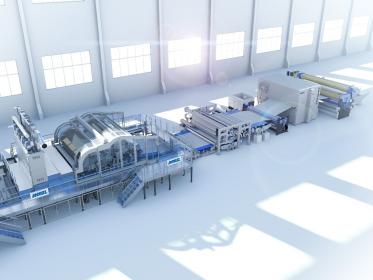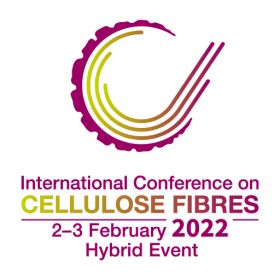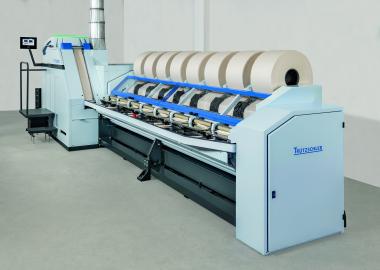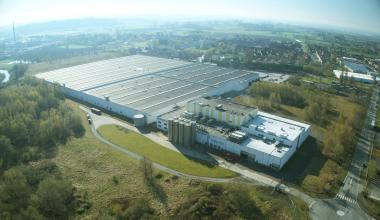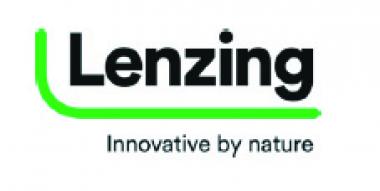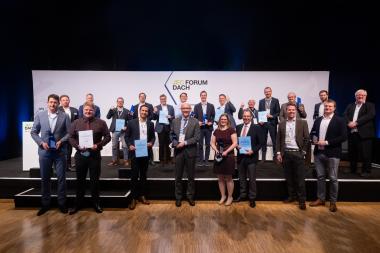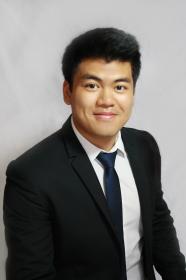ANDRITZ to supply a spunlace line to Texygen Textile
International technology group ANDRITZ has received an order from the Uzbek cotton spinning specialist Texygen Textile LLC to supply a complete neXline spunlace line. Start-up is scheduled for the first quarter of 2023.
This will be the first spunlace line ever installed in Uzbekistan. The equipment will process high-quality cotton fibers in a fully integrated production line, from bleaching to winding. With this new line, Texygen Textile LLC will be able to produce top-class spunlace wipes made of 100% cotton, thus opening up new market opportunities.
The ANDRITZ equipment will minimize fiber loss and enable Texygen to produce a high-end spunlace fabric that will allow the company to serve the international medical industry with spunlace wipes.
Established in 2010, Texygen is a frontrunner in the Uzbekistan textile industry, especially in cotton spinning. The company has its headquarters in Tashkent, Uzbekistan.
ANDRITZ AG


